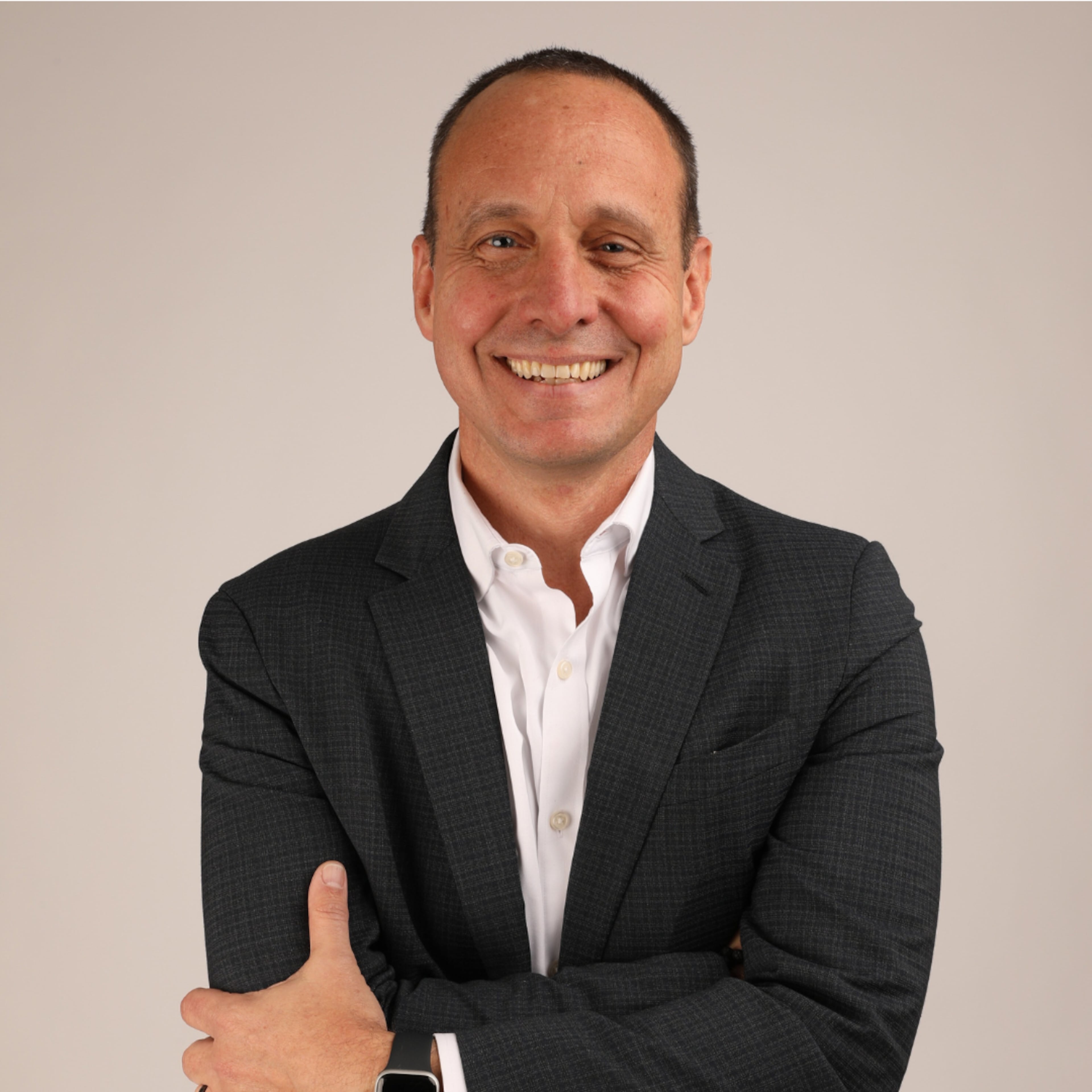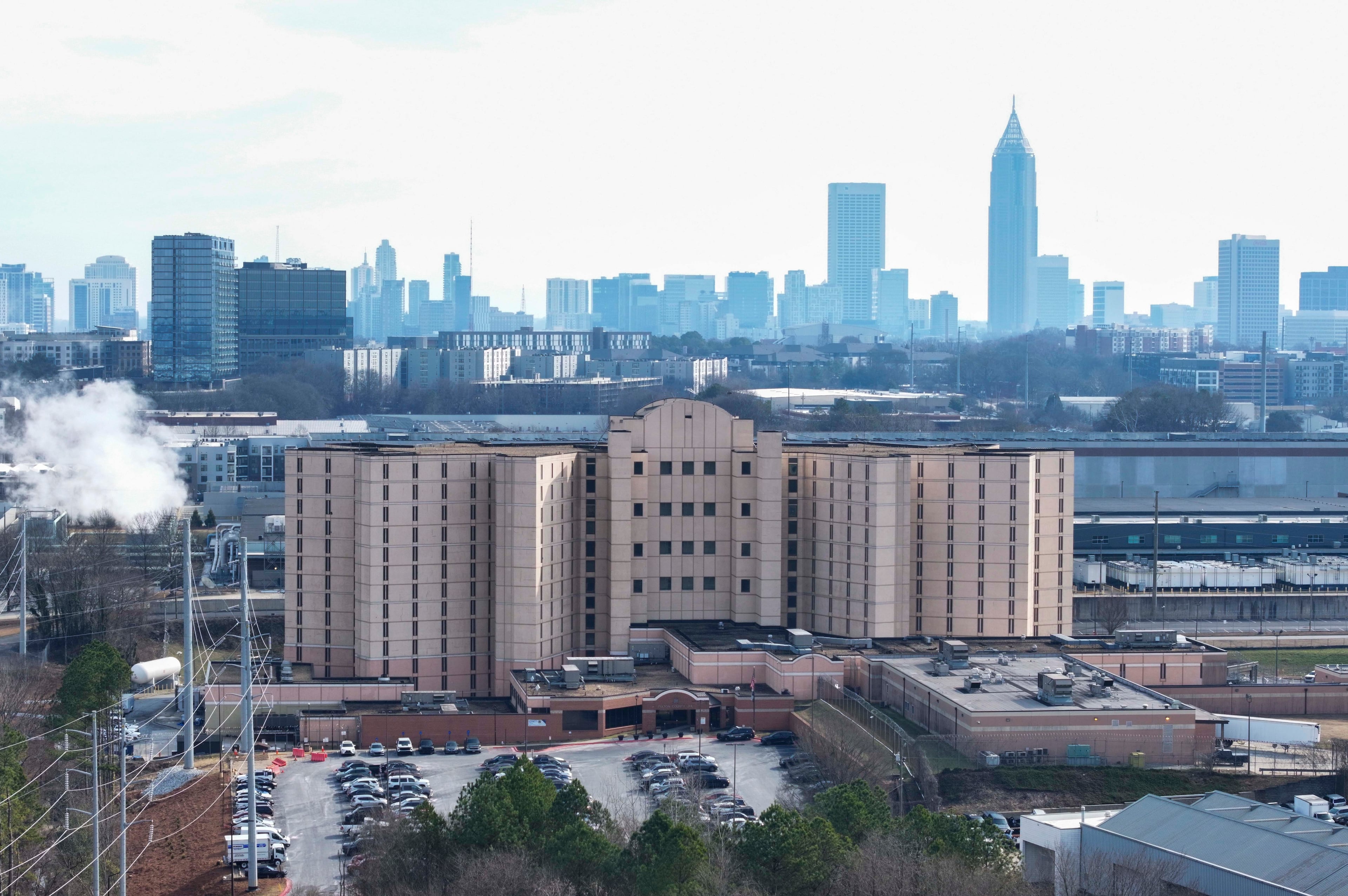Why don’t we talk about intimate partner violence? It makes us uncomfortable.
Not long ago, a mother came to our office with her two young children. She had fled an abusive partner in the middle of the night — no plan, no belongings, no idea where they would sleep. What she did have was courage.
At Atlanta Volunteer Lawyers Foundation, we were able to help her secure a protective order, find temporary housing and connect with the resources she needed to start again.
But as I’ve learned over more than two decades of this work, for every survivor who makes it safely through our doors, there are countless others still living in fear and silence.
Yet we treat it as invisible. Or maybe, more accurately, we deny it. We label it a “private family matter” instead of what it really is: a public-health, housing and economic crisis hiding in plain sight.
And that’s what troubles me most: Why don’t we talk about intimate partner abuse more often?
Domestic violence harms families and costs the economy greatly
Every October, during Domestic Violence Awareness Month, the spotlight flickers briefly onto the issue — and then fades again. Outside of those few weeks, it’s a conversation we seem unwilling to have, even though intimate partner abuse affects people of every background, income and neighborhood in Atlanta.

One in three women and one in four men will experience abuse from a partner in their lifetime, according to the Centers for Disease Control and Prevention.
That means nearly every reader of this essay knows someone — a neighbor, a co-worker, a friend — who has lived it.
The personal harm caused by intimate partner abuse is immeasurable. But its ripple effects extend across every part of our community.
In my own work, I see the deep and often overlooked connection between abuse and housing instability. Nationally, as many as half of women with children who experience homelessness cite fleeing abuse as the reason. In Atlanta, we’ve seen a 14% rise in family homelessness, according to Partners for Home. That connection should alarm us all.
The same pattern shows up in health care and the economy. Survivors of severe abuse face 42% higher lifetime medical costs — an average of more than $100,000 directly linked to their abuse.
Domestic violence drains more than $8 billion from the U.S. economy each year through health care expenses, lost productivity and criminal justice costs, per the CDC. And the children who witness abuse often carry the trauma into their classrooms — missing school more often, struggling to concentrate and facing long-term challenges that shape the rest of their lives.
Real prevention means tackling the root causes of violence
So why do we stay silent? Partly because the issue makes people uncomfortable. Partly because of the stigma that still surrounds survivors — and the myth that abuse happens only to “other people.”
And for many in marginalized communities, there’s a deeper fear: the risk of not being believed, or of being further harmed by systems that have not always protected them. But silence doesn’t make the problem go away. It only isolates survivors and allows cycles of violence to continue unchecked.
Some people ask, “How can we stop the abuse before it starts?” At AVLF, our work centers on preventive legal services — addressing crises early before they spiral out of control.
The same principle applies here. Real prevention means working upstream, tackling the root causes of violence, and making sure survivors have the resources to safely and permanently break free the first time they leave — not after a statistical average of seven attempts. Imagine the difference that could make: fewer hospital visits, fewer families in shelters, fewer children living with fear.
Unfortunately, the programs that provide these supports are under increasing strain. Federal funding for survivor services is uncertain, and in the most recent grant cycle few Georgia applicants received critical funds to sustain this work. Without awareness, attention and sustained investment, too many organizations doing lifesaving work will struggle to keep their doors open.
Atlanta has led before — on housing, on community partnerships, on innovation. We can lead again by bringing intimate partner abuse out of the shadows and into the center of our public conversation.
Because we can’t change what we refuse to face. And if we start talking about intimate partner abuse — really talking about it — we might finally begin to end it.
Michael Lucas is the executive director of the Atlanta Volunteer Lawyers Foundation, the city’s largest provider of free legal and social services for tenants and survivors of intimate partner abuse.
If you or someone you know is experiencing domestic violence, the National Domestic Violence Hotline can be reached at 1-800-799-SAFE (7233).


